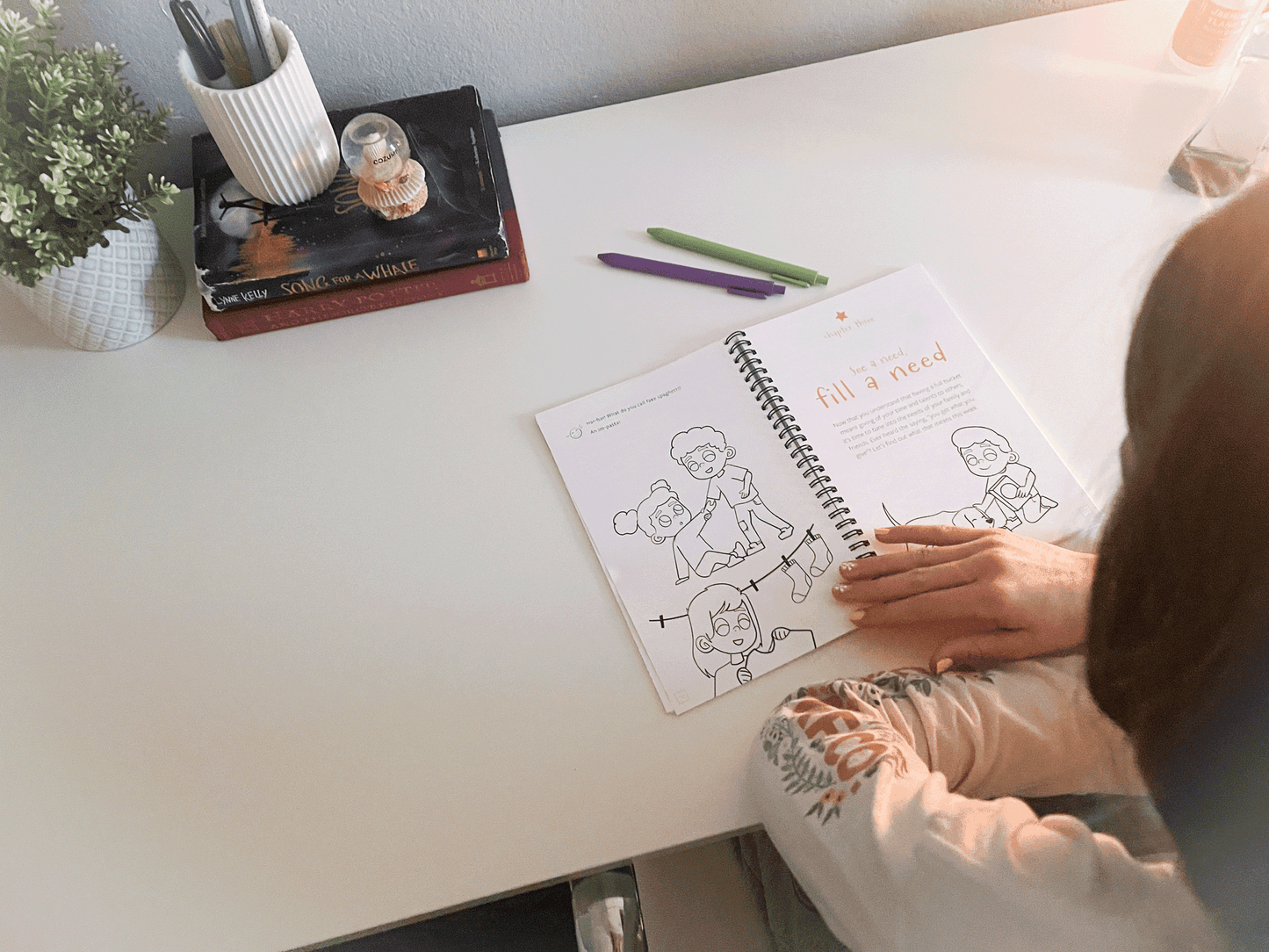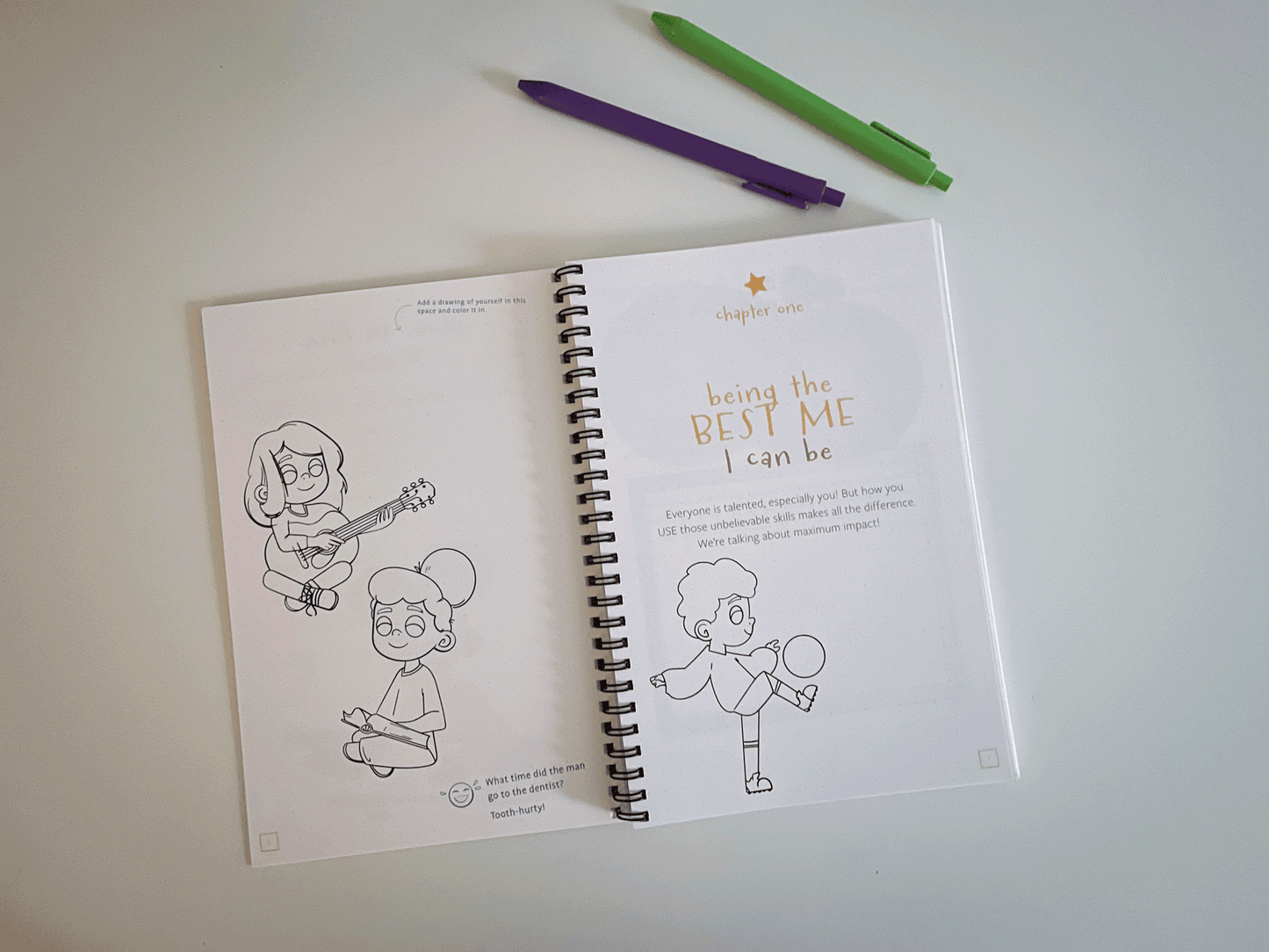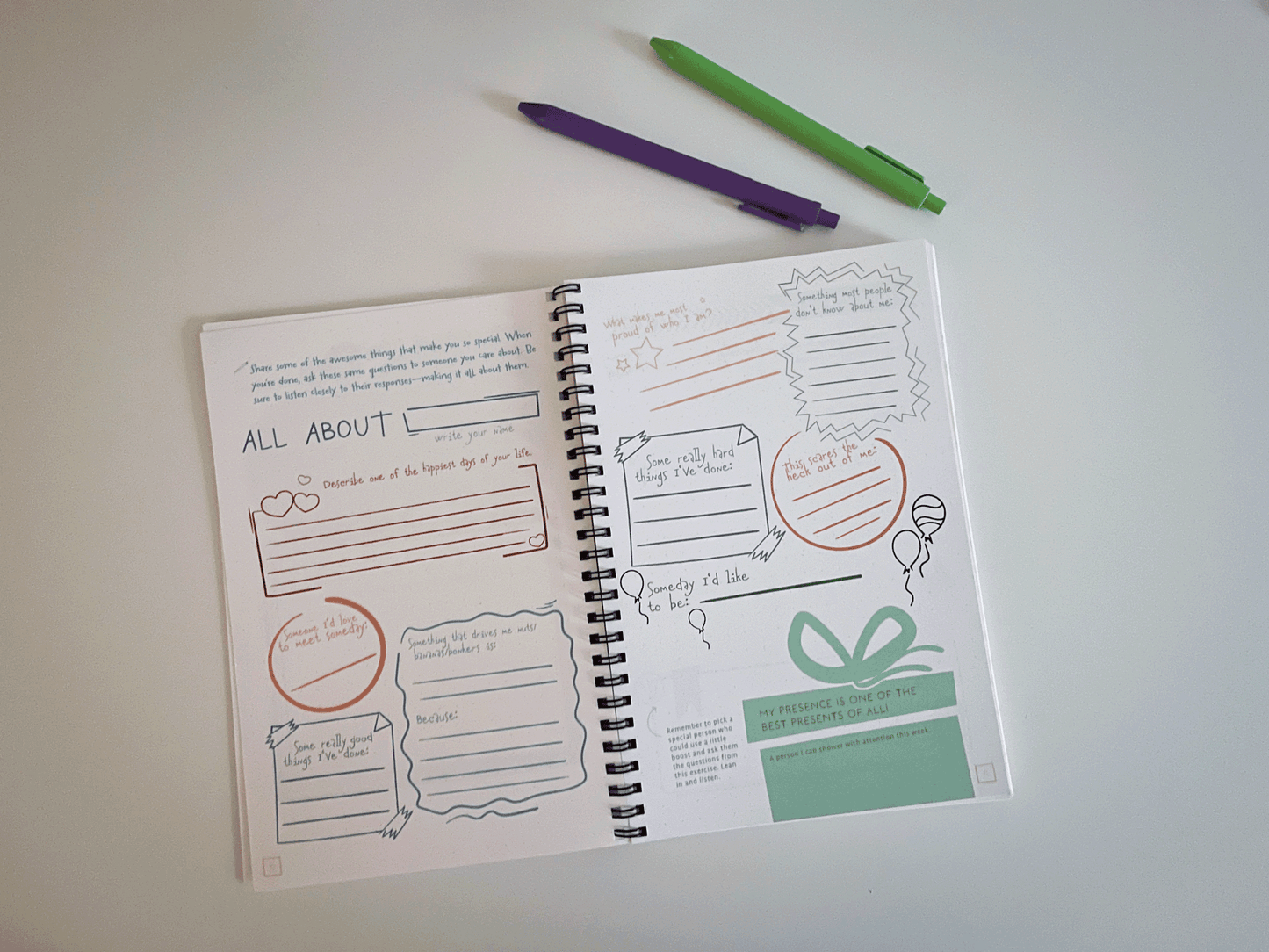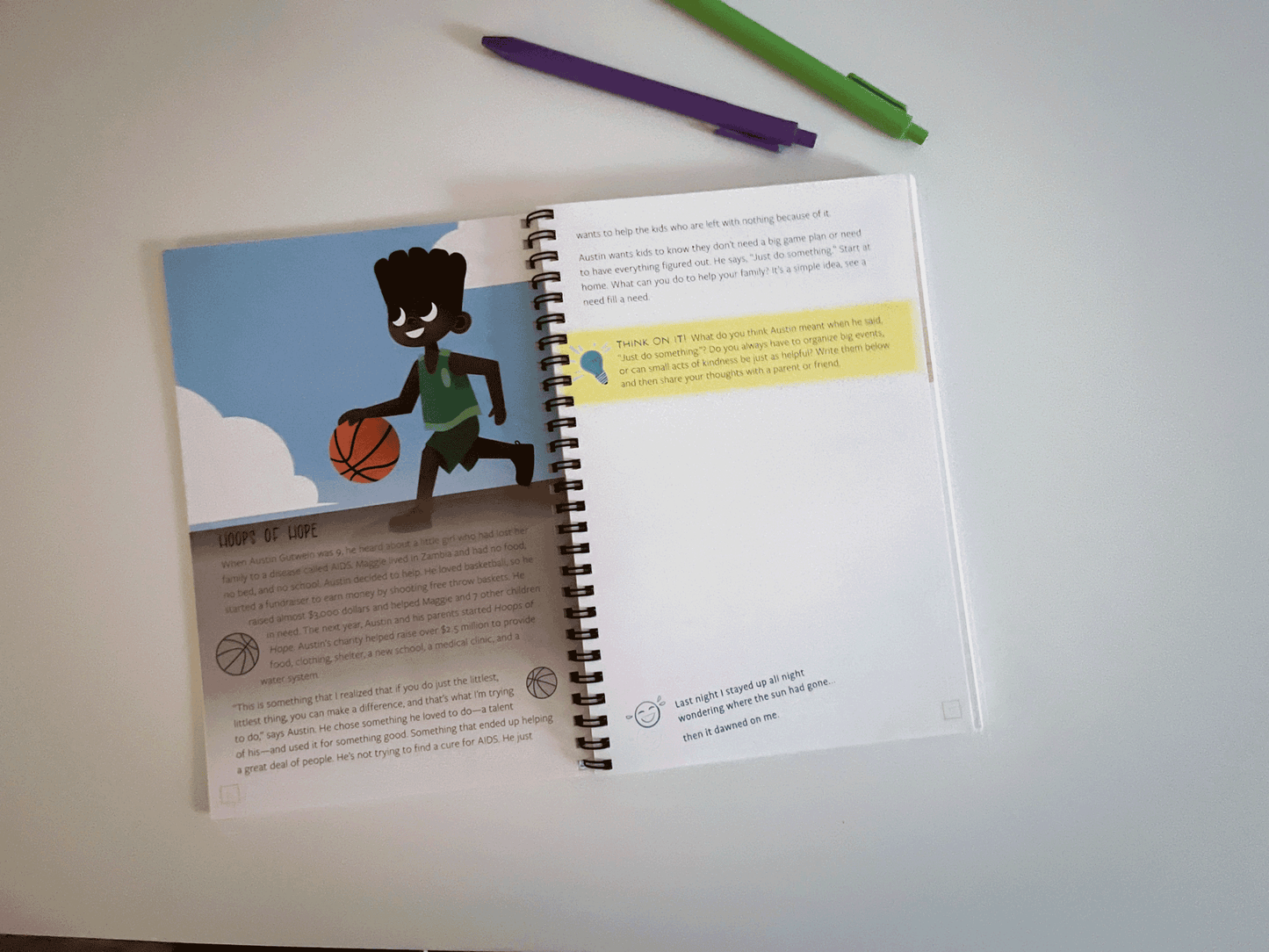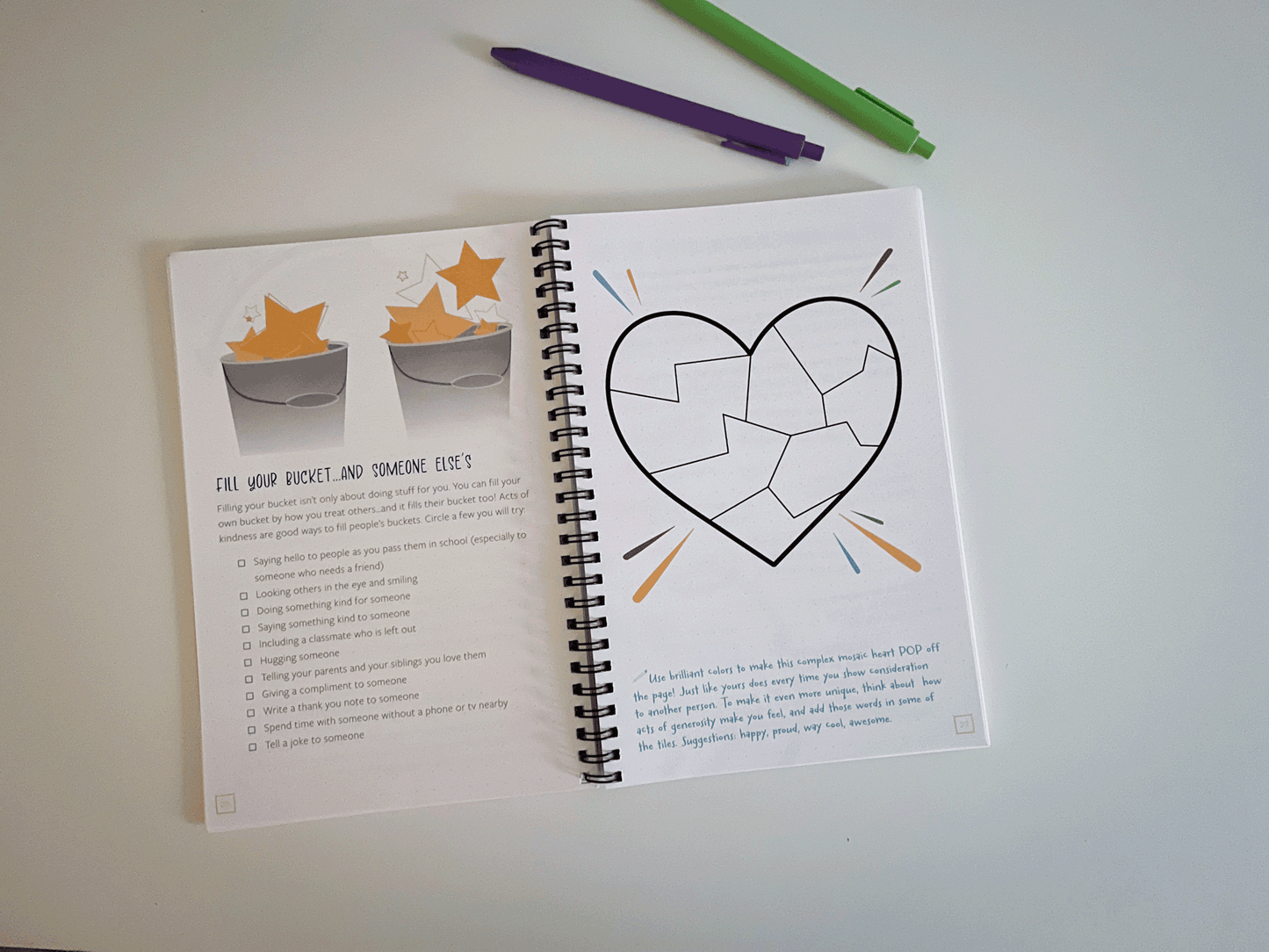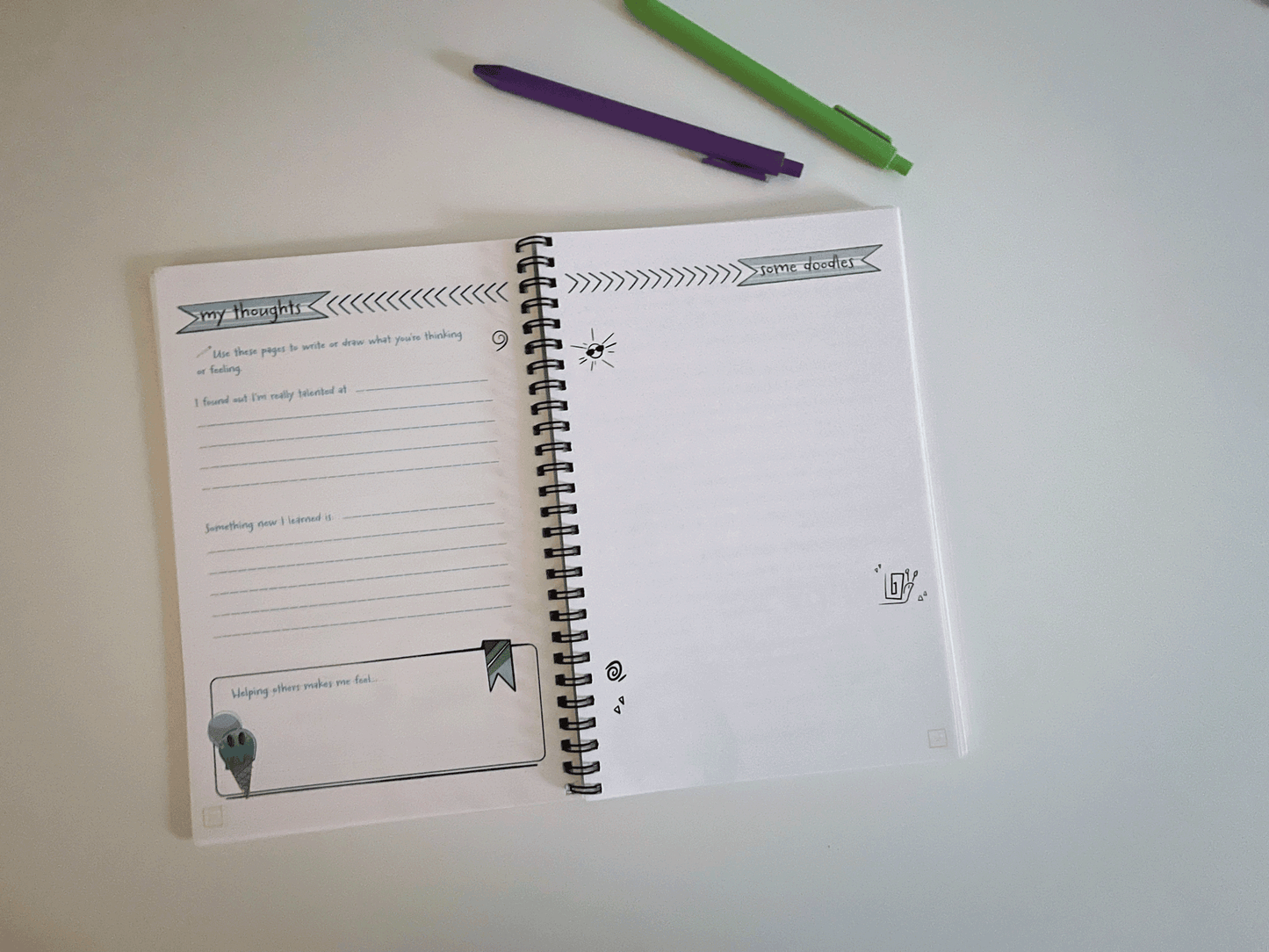21 QUESTIONS TO ASK YOUR SPOUSE BEFORE HAVING A BABY
Antoinette Stein
Before getting engaged my husband and I talked about possible relationship issues. We came up with plans on how to handle finances, ways to resolve conflict and ideas on how to raise our children. The first couple years of marriage were easy. We carefully implemented and adjusted our plans. Then our babies were born and with them came the shocking reality of conflict. Passionate, seemingly unresolvable conflict. No longer were we talking about mere money, time or chores but rather how we would guide a sweet, impressionable human being.
I quickly realized that most of our parenting discussions had revolved around our end goals for our children, not the process. It's as if we were both traveling to India but from different directions - me through the grandeur of Europe and my husband through the rugged wild of the Yukon, Alaska and Siberia. The lessons learned and reality of what is right are deeply affected by the process. As you plan your perfect birth and set up the baby room, take the time to honestly discuss the questions below and so you are united in parenting and how you will teach what is good.
21 Questions:
1. What is my primary goal in raising children? What are some of the secondary goals?
2. What are my greatest fears as a parent? What are fears I have for my children? How could these affect my parenting?
3. Which phrase best describes our role as a parents:
-
Establishing proper connections for our children
-
Educating our children to be successful
-
Nurturing our children’s heart
-
Training our children in righteousness
-
Being good friends with our children
4. Name five practical ways you want to accomplish this role.
5. Which is more important to develop, obedience or responsibility? How do you plan to do this?
6. What is the difference between discipline, punishment, and redirection? Which do you plan to implement? When and how?
7. Why would I choose to punish or discipline my children? Why might I choose not to discipline or punish when my children display incorrect behaviors?
8. Would you spank your children?
-
If so, give three examples of times you would spank your children. Is there a time to refrain?
-
If not, what methods would you use? When and how would you implement them?
9. What does respecting the father look like in your house? Respecting the mother?
10. What role does humor play in your family? Would you use it to diffuse tension, while disciplining, to make a point or teach a lesson, or purely as fun?
11. How do you imagine a typical day with your children (routine, exploration, structure, spontaneity, indoor play, outdoor play, sports, music, drama, etc)?
12. Name four ways you want to have fun with your family.
13. Which best describes how you will protect your children from negative influences:
-
We will keep our children away from children and adults who believe differently than we do.
-
We will ask and expect people with other beliefs to conform to our standards when around our children.
-
We will be the referees as we expose our children to a variety of situations.
-
We will be coaches on the sidelines, giving advice but not interrupting our children’s interactions.
-
We will let our children learn from their own actions.
14. Which statement below best represents your beliefs? What are some of the pros and cons of this belief?
-
Letting infants cry until they soothe themselves teaches independence.
-
It is important to figure out what our children are telling us when they cry, then decide how to handle the situation.
-
It is never okay to let our infants and toddlers cry.
15. What will you do when your children wake up at night (feedings, nightmares, bed wetting, sickness, habitual waking, storms, asking for a parent)?
16. What activities or skills do you want your children to learn? What is your motivation for this?
17. How would you handle a situation in which your children’s grandparent disagreed, openly opposed or defied your parenting method(s)?
18. When, if ever, should you leave or cancel plans on account of your children (i.e. throwing a fit, tired, poor influences, exposure to drugs/alcohol, your child's aggressive behavior, another child's aggression, exposure to the cold, exposure to the flu, has the cold or an illness)?
19. How will you balance family-centered time, children-centered time, and parent-centered time?
20. When does mom get a break? What does that look like? When does dad get a break? What does that look like?
21. Which statement best represents you? How will these beliefs affect day-to-day parenting?
-
Practice makes perfect.
-
Mistakes are opportunities to grow.
-
Action is better than indecision. Act quickly, adjust as needed.
-
Do what is expected. Excuses are not tolerated.
-
Think before you act.
Raising children is one of the most difficult and most rewarding things you will ever do. Like all aspects of life, there will be moments of pure joy and feelings of elation as well as feelings of failure and moments where even the best plans need to be adjusted. Patiently standing with your spouse as you learn to parent together teaches your children more than just the process. It instills in them a deep sense of what is right and prepares them for many future relationships.





